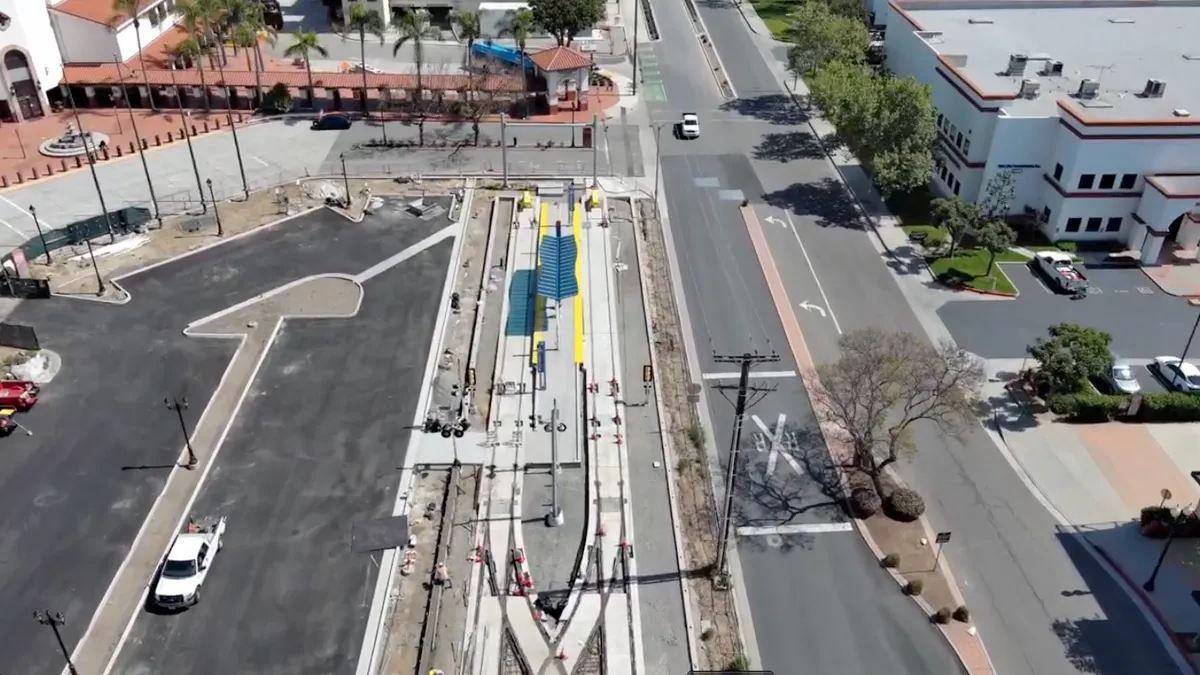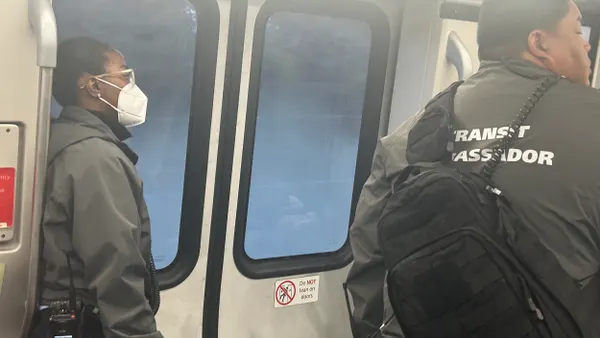UPDATE: Oct. 30, 2025: The full Ninth Circuit Court of Appeals voted Tuesday to vacate an earlier ruling allowing President Donald Trump to federalize and deploy Oregon’s National Guard troops in Portland, Oregon, and to rehear arguments over the injunction related to State of Oregon et al. v. Trump et al, which challenges Trump’s attempt to invoke Title 10 authority to deploy troops over the governor’s objection.
The vote restores U.S. District Judge Karin Immergut’s Oct. 4 injunction barring Oregon National Guard troop deployment in Portland while the full appeals court reviews the case. Immergut’s Oct. 5 order barring deployment of National Guard members originating from anywhere else in the country also remains in place.
Immergut began the trial in U.S. District Court in Portland Wednesday. During the opening arguments, U.S. Deputy Assistant Attorney General Eric Hamilton said the Department of Homeland Security cannot contain the threat from “agitators” who have threatened and used violence against federal law enforcement officers, Oregon Public Broadcasting reported.
Portland Police Bureau Commander Franz Schoening testified that PPB officers have been hit with tear gas and pepper balls fired by federal law enforcement as they have monitored protests outside the Immigration and Customs Enforcement facility in Portland, OPB reported. “The types and amounts of force being used by federal officers is disproportionate to the level of criminal conduct we’re seeing down there,” he said.
Dive Brief:
- A three-member panel of the U.S. Court of Appeals for the Ninth Circuit on Monday voted 2-1 to lift a lower court’s temporary block on the deployment of National Guard soldiers in Portland, Oregon, concluding that President Donald Trump lawfully exercised his statutory authority in federalizing the troops.
- Oregon Attorney General Dan Rayfield joined the dissenting judge in urging the full Ninth Circuit to “act swiftly” to hold an “en banc” rehearing — a decision by the full court of all the appeals judges — to vacate the order before troops can be deployed. A Ninth Circuit judge on Monday requested the appeals court judges vote on whether to hold the hearing.
- During a panel at the International Association of Chiefs of Police conference in Denver on Monday, Los Angeles Chief Jim McDonnell said law enforcement agencies in cities across the nation should be prepared for the National Guard to be deployed in their area, as they were in Los Angeles in June. “Oftentimes we all think, ‘Oh, it’s not going to happen here,’” he said. “And I think many jurisdictions that have seen the enforcement actions felt that way prior to them happening.”
Dive Insight:
Protests at an Immigration and Customs Enforcement Facility in Portland have been taking place since June. Portland police made 25 arrests at the protests between June 11 and June 19, but by September, the Portland Police Bureau reported the “low energy” protests had dwindled to groups ranging from seven to 30 people.
Defense Secretary Pete Hegseth on Sept. 28 issued a mobilization directive calling 200 members of the Oregon National Guard into service for 60 days after President Donald Trump posted on social media that he was directing Hegseth “to provide all necessary Troops to protect War ravaged Portland.”
The state of Oregon and the city of Portland sued, calling for an immediate halt to the deployment.
U.S. District Judge Karin Immergut on Oct. 4 temporarily blocked the Trump administration from deploying federalized members of the Oregon National Guard to protect federal personnel and property at the ICE facility. After Trump responded to that order with plans to instead send federalized National Guard troops from California and Texas, Immergut ruled on Oct. 5 that the administration could not send troops from anywhere in the country to Portland.
The Trump administration sought an emergency stay of Immergut’s temporary restraining order blocking the administration from federalizing 200 members of the Oregon National Guard for 60 days. On Oct. 9, the Ninth Circuit Court of Appeals panel granted the stay, saying it “preserves the status quo in which National Guard members have been federalized but not deployed.”
In Monday’s ruling granting a stay pending appeal, Judges Bridget Bade and Ryan Nelson, both Trump nominees, concluded the Trump administration is likely to succeed on the merits of its appeal and stated that Trump’s “authority to federalize the National Guard is statutory, not constitutional.”
“Even if the President may exaggerate the extent of the problem on social media, this does not change that other facts provide a colorable basis to support the statutory requirements,” the judges wrote.
In her dissent, Judge Susan Graber, who was nominated by President Bill Clinton, said that the Portland protesters’ “well-known penchant for wearing chicken suits, inflatable frog costumes, or nothing at all when expressing their disagreement with the methods employed by ICE” may tempt observers to view her fellow judges’ decision to accept Trump’s characterization of Portland as a war zone “as merely absurd.”
“But today’s decision is not merely absurd. It erodes core constitutional principles, including sovereign States’ control over their States’ militias and the people’s First Amendment rights to assemble and to object to the government’s policies and actions,” Graber wrote.
Portland Mayor Keith Wilson said in a statement that the city “will not stand by while federal agencies sidestep local authority.”
Oregon Gov. Tina Kotek said in a statement that until the district court acts on the second temporary restraining order issued Oct. 5, National Guard members from Oregon or any other state cannot deploy. “The fight is not over,” she said.













